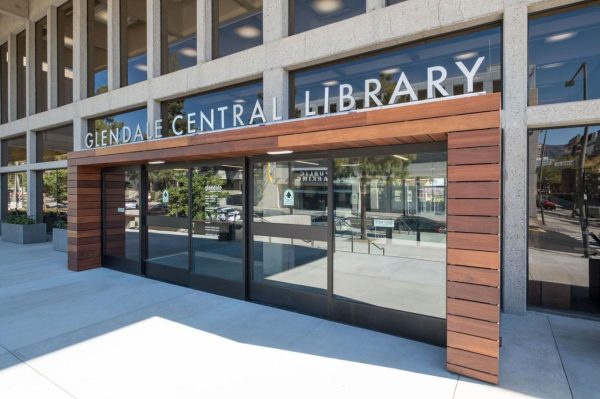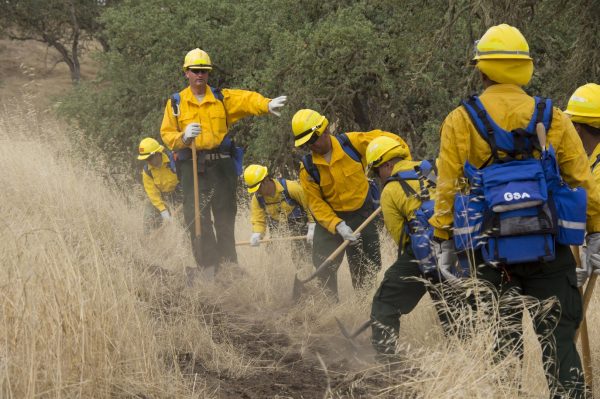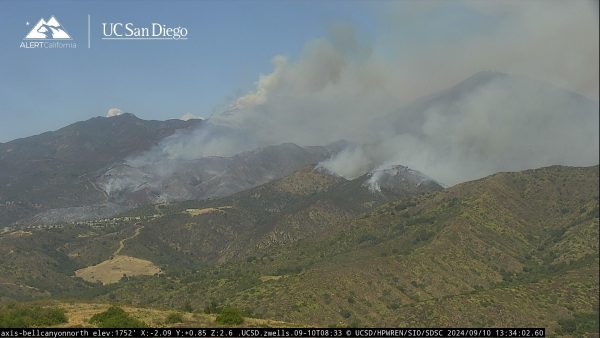A case of locally acquired dengue was confirmed in a Baldwin Park resident, the Los Angeles County Department of Public Health confirmed Monday.
The infected person has not traveled to areas where dengue is endemic and has the third case of locally acquired dengue in the state and the first case reported in LA County, officials said.
Cases of locally acquired dengue were previously confirmed by Long Beach and Pasadena last fall, LA County health officials said, adding that no additional suspected cases have been identified.
While the potential risk for widespread dengue virus transmission in the county remains low, these cases highlight the presence of infected mosquitoes locally and highlight the importance of preventive measures, officials said.
“This case further indicates that dengue fever is present in our community. While the likelihood of widespread transmission is low at this time, we must remain vigilant and prevent further cases through public education and mosquito control efforts,” LA County Health Officer Muntu Davis said in a statement. “Mosquitos thrive in hot weather, increasing the risk of bites and mosquito-borne diseases. People should follow these simple steps to reduce their exposure to mosquitoes and risk for mosquito bites: 1) Use insect repellent on you and your family; 2) Remove standing water outside your home where mosquitoes can lay eggs and breed; and 3) Use, install, or repair window and door screens to prevent mosquitoes from entering your home.”
Dengue fever is transmitted mainly through the bite of infected Aedes mosquitoes, officials said. The illness can cause flu-like symptoms such as high fever, severe headache, pain behind the eyes, joint and muscle pain, rash and mild bleeding. Severe infections may lead to dengue hemorrhagic fever or dengue shock syndrome, both of which require immediate medical attention.
Public Health officials were working with local vector control agencies to provide door-to-door information on dengue risk and mosquito bite prevention and control measures in the local area, according to the department. The San Gabriel Valley Mosquito and Vector Control District has increased mosquito trapping and abatement operations.
“The San Gabriel Valley Mosquito and Vector Control District has acted as quickly as possible to enhance surveillance and perform mosquito control in the area,” the agency’s Manager Jason Farned said in a statement. “The District will continue its surveillance and control efforts, including additional backpack and truck-mounted mosquito treatments to reduce adult mosquito populations and mosquito breeding sources.”
Dengue is caused by a virus spread through the bites of infected mosquitoes, according to the Public Health Department. The disease is common in tropical and subtropical regions such as the Caribbean, Central and South America, Southeast Asia and the Pacific islands, but the mosquitoes that spread dengue are common throughout many areas of the United States.
Dengue is not commonly spread by mosquitoes in LA County, officials said. Most local cases have been identified among those who have traveled to areas where dengue commonly occurs.
Symptoms of dengue typically last two to seven days. Most people will recover after about a week. About one in twenty people with dengue can develop severe disease which can be life threatening.
For more information, visit: publichealth.lacounty.gov/acd/VectorDengue.htm.
The Public Health InfoLine, 833-540-0473 open every day from 8 a.m. to 8 p.m., fields questions and provides help finding a clinic or doctor.







